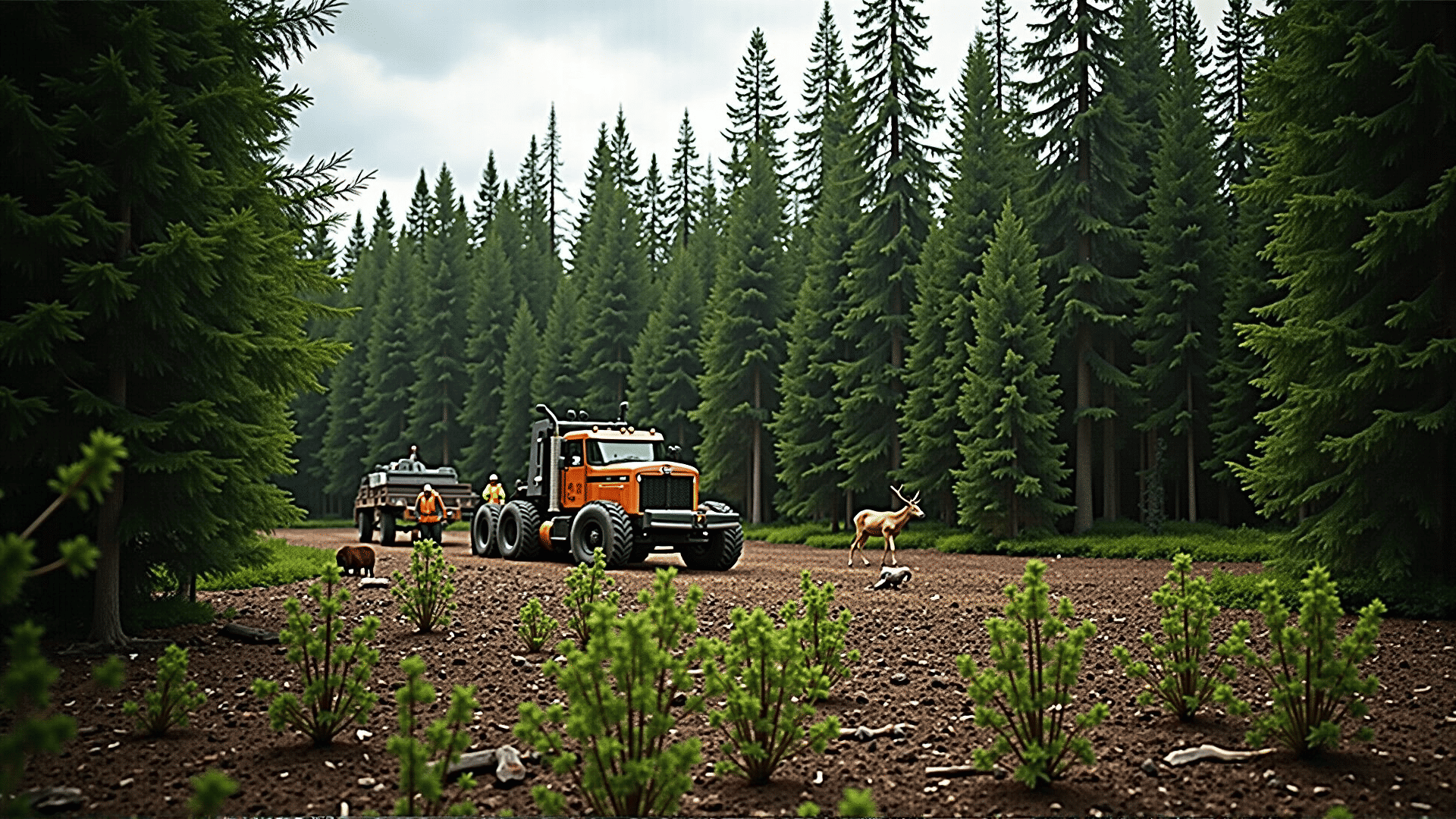Canada is renowned for its abundant natural resources, which have historically played a significant role in its economic development. However, in an age where environmental sustainability is paramount, Canada is pioneering forward-thinking strategies that balance resource use with ecological preservation.
A key approach in Canada's sustainable resource utilization is fostering collaboration between government, industry stakeholders, and Indigenous communities. By involving Indigenous groups in resource management, traditional ecological knowledge is integrated into contemporary practices, ensuring that development projects respect both the land and its people.
Forestry, a major industry in Canada, exemplifies innovative sustainable practices. The adoption of selective logging ensures that only certain trees are harvested, preserving the forest's overall health and biodiversity. Additionally, reforestation efforts are meticulously planned, with native species planted to restore ecosystems and sequester carbon, aiding global climate efforts.
In the energy sector, Canada's shift toward renewable sources illustrates its commitment to sustainability. The country has significantly increased its investment in hydropower, wind, and solar energy. These initiatives reduce dependence on fossil fuels, lower emissions, and create a resilient energy grid. Canada's success in this area is also a testament to its dedication to research and technological advancement.
Water conservation is another area where Canada is making strides. Innovative water management practices are being implemented to ensure the protection of this vital resource. Efficient irrigation systems and water recycling projects are becoming standard to mitigate the impacts of climate change and safeguard against future scarcity.
Mining, a longstanding pillar of Canada's economy, is also undergoing a transformation. Companies are increasingly adopting technologies that minimize environmental disruption and enhance land rehabilitation post-extraction. This includes more efficient resource extraction techniques and improved waste management systems, which together reduce the industry's ecological footprint.
The involvement of communities is crucial in ensuring the success of these sustainable practices. Public awareness campaigns and educational programs empower citizens to participate in resource conservation, turning sustainability from a policy into a shared societal value. Grassroots movements and community-led initiatives also play a vital role in pushing for stricter environmental standards and holding stakeholders accountable.
Innovation is at the core of these sustainable strategies, with Canadian researchers and companies at the forefront of developing new technologies. By focusing on holistic approaches and collaborative frameworks, Canada sets a precedent for sustainable resource management that benefits both the economy and the environment.
As the world continues to grapple with environmental challenges, Canada's commitment to sustainable resource utilization stands as a model for balancing development with ecological integrity, ensuring a thriving future for generations to come.
